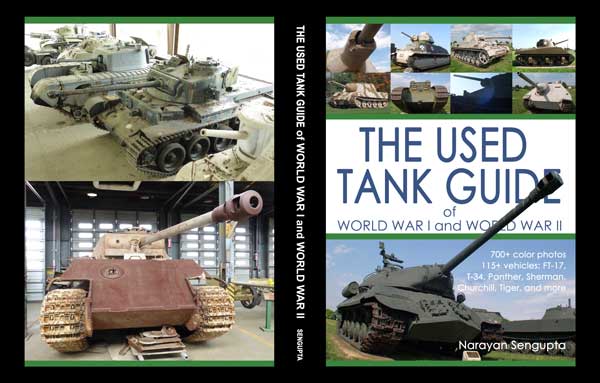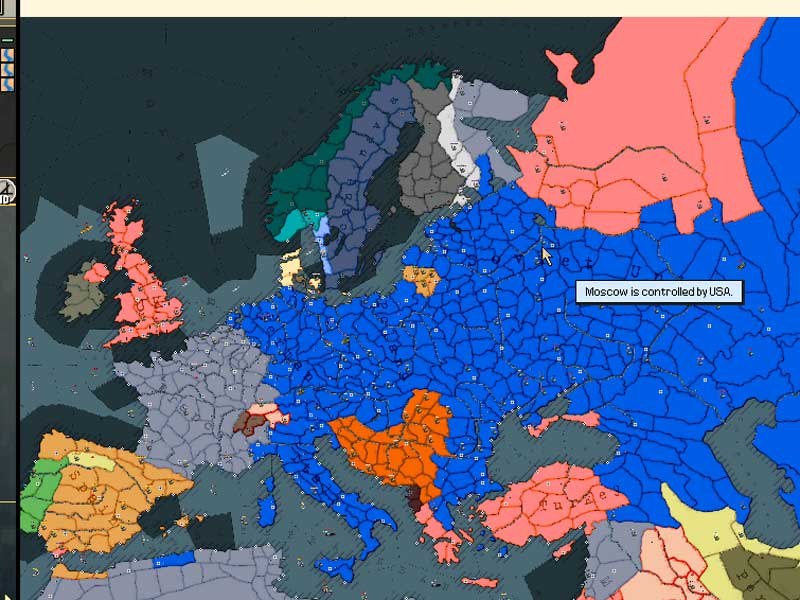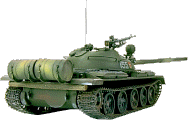May 15, 2001-January 16, 2002
v.1.0
THE MOST IMPORTANT BATTLE OF THE WAR
The following is a small collection of thoughts on the most important battle of World War II. For the purposes of this article, a battle is is kind of like what is atomic (undivisible). A campaign is a series of battles, each typically with its own conclusion, and commanders and battlefields. A campaign spans many such battles. And a campaign typically has the objective of defeating an enemy's entire army or navy or air force. All the campaigns against all of your enemies forms a war.
So the Island Hoping in the Pacific couldn't be called a battle. Nor could the entire Eastern Front or the entire Western Front or all of North Africa or the War at Sea, etc.
So what was the most important battle of WWII and why?
- Stalingrad
- Moscow
- El Alamein
- Battle of Britain
- Pearl Harbor
- Iwo Jima
- Kursk
- Khalkin Gol
Nanking?
Unfortunately Nanking isn't that significant, at least over in the world outside of China inspite of it having just about the highest fatality rate of any city during the war (with perhaps the exception of Leningrad and a few others). But still, I threw it in there just so you readers wouldn't throw your brickbats at me.
Moscow
I think that it would have been possible for Germany to have defeated the USSR in '41 though I'm extremely glad they didn't. After all, German reconnaissance units were on the outskirts of Moscow and within the site of the Kremlin's spires. Would capturing Moscow have led to the surrender of the USSR? Napoleon's conquest of Moscow suggests that probably not. But I do think that if Moscow, Leningrad and (possibly) Stalingrad were to have been captured, the Soviets would have capitulated. The Russians/Soviets did surrender with much less territory lost during WWI, though there were many extenuating circumstances.
That said, I don't think that the USSR would have given up completely, especially if the UK, US and China were still in the game. So my hypothesis is the following: German occupation would lie above the smoldering embers of Soviet resistance for a few years. The Germans would transfer a great deal of their assets to reinforcing the Atlantic Wall, but the D-Day invasion would have happened in some form at some date. Soviet resistance would escalate and would lead to eventual self-liberation.
Having said that, I think that all countries are defeatable at some point or other. But some countries are more susceptible to that than others.
It depends on several factors:
Morale, Past Experience, Ransom (I can't think of a better term, so I'll explain it later), Depth, Surface Area, Relative Military Strength, Logistics/Supply, Education, Fear, Etc.
I will apply some of these factors to Germany vs. France and then Germany vs. USSR. I would have to do a lot of regression analysis to explain further.
France
France surrendered quickly. In retrospect, it appears to have been doomed from the beginning even if there were great mini-defensive battles here and there. Here are some of the reasons France was almost destined to lose.
But back in the USSR... The USSR came close to losing, but probably would have won no matter what in the end.
Interestingly, the Soviets can, arguably, be credited with putting together the first armor divisions AND using them in a blitzkrieg style attack. And the French were the first to put together armor divisions. But the Soviets purged themselves and the French felt that their armor divisions would obviate the need for La Ligne Maginot. Oh well...
There were several other factors that I wanted to include, but I'm a little short of time for now.
Stalingrad
To me, Stalingrad is the greatest battle of the war. What would the Soviets really have lost by losing Stalingrad? Prestige? The war wouldn't have been over for them. They still had thousands of miles into which to retreat and conduct partisan operations, etc.
Besides, in the unlikely even that the Soviets were to have lost Stalingrad, the US was developing the atomic bomb to drop on Germany (not Japan), developing B-29 and B-36 bombers to be able to bomb Germany directly from the US, etc.
No, Stalingrad was only important if the Germans were to have lost - which they did. From Stalingrad on, the Soviets knew they had a chance, and the Germans knew they could be defeated and even destroyed. The psychological tables had turned.
I think that Stalingrad is much more important than other battles because it is the most important battle on the most important front of the war. Just remember, the Soviets killed about 80% of all of the Germans who were killed in the war. It was in Russia that Germany was defeated.
Was Hitler Destined to Lose?
I am very grateful that Hitler and the Nazis lost the war. Some apologists for Hitler argue that the Germans could have won. Perhaps, but extremely unlikely. Hitler did as much as anyone else to lose the war and prevent a foregone conclusion. But I think that wihtouth making some very critical strategic mistakes, the Germans maybe could have won. I feel that Hitler's biggest strategic mistakes (as opposed to pure battles or campaigns)which caused him to lose the war were:
1>Being anti-Semetic. Germany gave the world the greatest classical music, fantastic architecture (Bauhaus) and much of what was exciting about the early 1900s, advanced learning (tech schools and Ph.D.s), and had won something like one third or one half of the Nobel Prizes in Physics until WWII. But then threw that out the window with Kristalnacht and with everything that followed. Germany's loss became America's and the Allies gain. Guess who won?
2>Poor materiel management. Until 1943, the UK alone outproduced Germany in aircraft and many of the significant measures of wartime production and development of raw materials. By the time Speer got production moving, the US, USSR, and UK were easily outproducing Germany.
3>Poor labor management. Even the inefficient French aircraft plants only produced one-fourth of their capacity under German management. The German population didn't get mobilized into a war-time economy until the end of '42 or something.
4>White elephant projects. The first of which would be the Elefant, the Bismark, the Graf Zeppelin. Then the Maus. The Do-335. Then the Me-262 bomber. The list goes on on and on, such as the Tiger II, etc.
I doubt Hitler could have won anyway, even if all of these factors hadn't existed, but with these factors, it's hard to think that Hitler would ever have won ultimately.
Finally, here are a few side thoughts...
One thing that I noticed that is rarely discussed is a very interesting issue. Was it worth it for Hitler to have invaded the USSR? Did he get ANY benefit at all? Would it have been worth it to have invaded the USSR even if Hitler had won and why?
What is the impact of an individual on the outcome of the war as a whole? I don't know if you can assess that level of criticality and impact on the war on one event or one person, at least at that level or below. It's too hypothetical. For example, what if Hitler had been gassed to death instead of just wounded? What if Stalin or Zhukov had been killed in Tsarevich (later Stalingrad) during WWI? Then none of this may have happened. On the other hand, I feel like ultimately, the Red Army would have overwhelmed the Germans in Stalingrad almost no matter what, and could perhaps have destroyed even more enemy troops, like in Verdun.
Cheers,
Narayan

 Home
Home Hearts of Iron
Hearts of Iron








 French Military Victories...
French Military Victories...